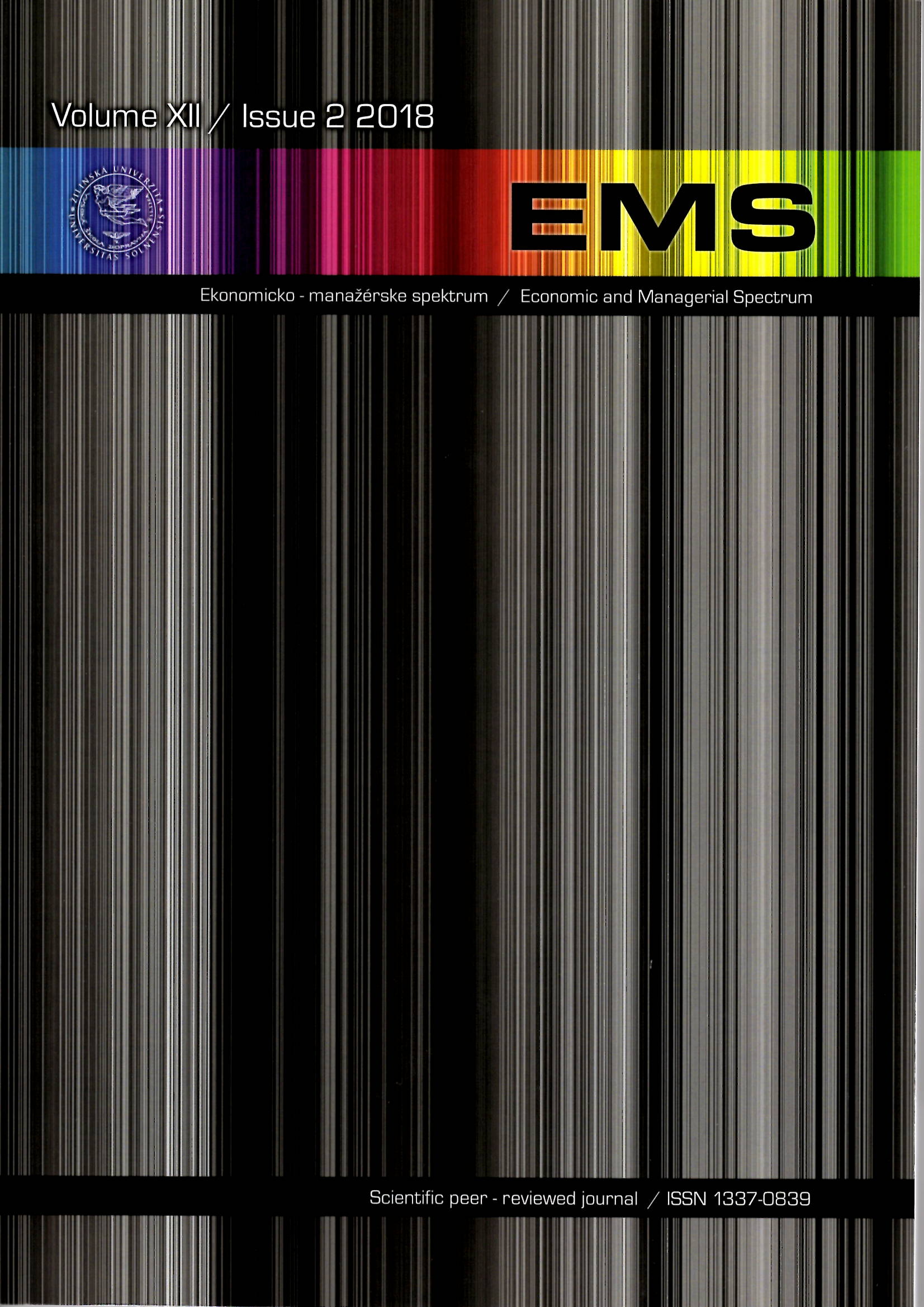SOCIO-ECONOMIC CONVERGENCE IN MODELS OF ENDOGENOUS ECONOMIC GROWTH
SOCIO-ECONOMIC CONVERGENCE IN MODELS OF ENDOGENOUS ECONOMIC GROWTH
Author(s): Włodzimierz Szkutnik, Weronika SzkutnikSubject(s): National Economy, Supranational / Global Economy, Socio-Economic Research
Published by: Žilinska univerzita v Žiline, Fakulta prevádzky a ekonomiky dopravy a spojov, Katedra ekonomiky
Keywords: global flows;convergence;endogenous model;
Summary/Abstract: The main results regarding determined goals of the paper concern the analysis of convergence in relation to the convergence processes from the point of view of physical capital and human knowledge, as well as labour resources. They usually refer to Mankiw’s model that is a generalisation of the neoclassical Solow model. The major goal of deliberations conducted in the paper can lead to the conclusion that the phenomenon of convergence raises several methodological controversies resulting from inclusion of the very method of GDP per capita estimation, or firstly, the additional Mankiw’s variable, i.e. human capital. Various sources, frequently different in the assessment of specific economic indicators prove, that in the countries of significant underdevelopment, the share of human capital followed what was not always positive in other regions of the world. The paper indicates the emergence of knowledge capital that is an empirically weakly defined variable, yet vital in convergence analyses. The measurements of knowledge capital applied in various models are usually not the same or reliable, which causes poor identification of the model, and the lack of possibility to compare obtained results. This leads to a distortion of the model of evaluation of the level of cohesion in compared economies. It results from the fact that such resources as human capital are not directly observable. The paper presents other possible ways of measuring the knowledge capital proposed in the literature, and it especially indicates that it requires the adoption of additional restrictive assumptions. In particular, it is assumed that the pace of technological progress is constant over time and between countries. The paper also evaluates the chances of convergence of countries with a lower degree of economic and social development, while taking into account the economic context.
Journal: Ekonomicko-manazerske spektrum
- Issue Year: 12/2018
- Issue No: 2
- Page Range: 1-14
- Page Count: 14
- Language: English

